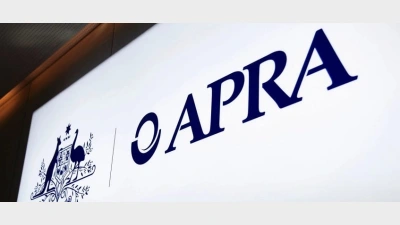Equipsuper and Catholic Super commit to net zero



Equipsuper and Catholic Super have pledged to adopt net zero carbon emissions and have stated investments must meet social responsibility criteria.
The funds’ chair, Danny Casey, said the funds needed to do everything they could to make sure “the world that members today, and in the future retire to, is one that’s safe and environmentally sound”.
“We need to invest with a social conscience, it is more than just climate, we want to ensure members’ money is being invested in a socially responsible way. We're going to ensure that we've got that lens all over our investments,” Casey said.
“We know climate risks are real and we're committed to net zero by 2050. We made that judgment because all the analysis and modelling suggested that the longer we wait, the more it's going to cost – and that means a financial cost, as well as an environmental cost.”
Casey also said the funds would welcome another merger with another industry fund. Equipsuper and Catholic Super had a growth strategy to double its membership to 300,000 and increase its funds under management to $50 million (from $30 million) by 2025.
“Like us, industry funds bring a really strong connection to the membership base. We would welcome a merger with another industry fund. They almost certainly would have a strong representative model, underpinned with a really strong approach to skills,” he said.
“We don’t have any objections to unions or employers appointing representative directors, provided it comes through a skills lens. This is now common practice and it is one I see as being in the members’ best interests.”
Recommended for you
The industry super fund has been ordered to pay $23.5 million after systemic failures caused extensive delays for thousands of insurance claimants.
A new report from the prudential regulator has revealed super funds can act as both a stabilising force and an amplifier of shocks in an interconnected economy.
CFS has expanded usage of its digital advice product to members of its employer super and FirstChoice super accounts.
Superannuation funds are expanding their activities in the advice space and a leading recruitment firm has shared the typical salaries on offer with three funds namechecked for their attractive offerings.









